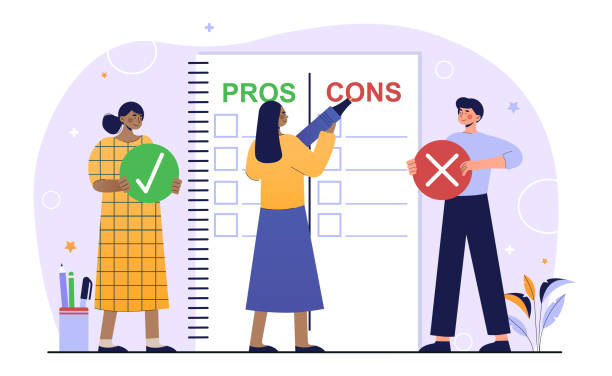
Sales compensation software has become increasingly popular in recent years as businesses look for ways to motivate and reward their sales teams. An Incentive Compensation Management solution or Sales Performance Management (SPM) solution can help align sales objectives with business goals, improve sales performance, and reduce administrative tasks. However, as with any technology, there are pros and cons to using sales compensation software. In this article, we will explore the pros and cons of sales compensation software and what you need to consider before implementing it in your business.
Pros of Sales Compensation Software
Alignment of Sales Objectives with Business Goals
One of the biggest advantages of using sales compensation software is that it allows you to align your sales objectives with your business goals. With an ICM or SPM solution, you can define your sales objectives and communicate them to your sales team. This will ensure that everyone is working towards the same goals, and you can track progress towards those goals using the software.
Improved Sales Performance
Another advantage of using sales compensation software is that it can improve sales performance management for retail industry. With an ICM or SPM solution, you can create custom incentive plans that motivate your sales team to work harder and close more deals. The software can also provide real-time feedback and reporting, which allows your sales team to see how they are performing and where they can improve.
Reduced Administrative Tasks
Sales compensation software can also reduce the administrative tasks associated with managing compensation plans. With an ICM or SPM solution, you can automate tasks such as calculating commissions and creating reports. This will save time and allow you to focus on growing your business.
Greater Flexibility
Sales compensation software provides greater flexibility than traditional compensation plans. With an ICM or SPM solution, you can create custom compensation plans that fit your business needs. You can also test different scenarios to see how they would impact your revenue growth. This flexibility allows you to adapt to changing market conditions and stay ahead of the competition.
Cons of Sales Compensation Software
Complexity
One of the biggest disadvantages of sales compensation software is its complexity. Implementing and configuring an ICM or SPM solution can be challenging, especially for businesses with limited IT resources. Additionally, there may be a learning curve for your sales team to understand how to use the software, which could lead to decreased productivity in the short term.
Cost
Another disadvantage of sales compensation software is its cost. Implementing and maintaining an ICM or SPM solution can be expensive, especially for small businesses. The cost of the software, hardware, and IT support can add up quickly, and may not be feasible for businesses with limited budgets.
Data Accuracy

Sales compensation software relies on accurate and timely data to calculate commissions and bonuses. If the data is inaccurate or incomplete, it could result in incorrect payouts to your sales team. This could lead to frustration and decreased motivation among your sales team, which could negatively impact your revenue growth.
Potential for Conflict
Implementing a sales compensation plan can create the potential for conflict among your sales team. If the plan is not well-communicated or is perceived as unfair, it could lead to resentment and decreased motivation among your sales team. It’s important to create a transparent and fair compensation plan that rewards high-performing salespeople while also providing opportunities for growth for all team members.
Considerations Before Implementing Sales Compensation Software
Before implementing sales compensation software, there are several considerations to keep in mind.
Business Needs
First, consider your business needs. Do you need to align sales objectives with business goals, improve sales performance, and reduce administrative tasks? If so, sales compensation software may be a good fit for your business. However, if you have a small sales team or do not have the budget to implement an ICM or SPM solution, you may want to consider alternative compensation plans that are more feasible for your business.
Vendor Selection
Once you have decided to implement sales compensation software, you will need to select a vendor. It’s important to choose a vendor that has experience working with businesses in your industry and understands your unique needs. You should also consider the vendor’s reputation, customer support, and pricing structure when making your selection.
Integration with Existing Systems
Another important consideration is how the sales compensation software will integrate with your existing systems. For example, if you use a customer relationship management (CRM) system, you will want to ensure that the sales compensation software can integrate with your CRM. This will ensure that your data is accurate and up-to-date.
Employee Buy-In
Finally, it’s important to get buy-in from your sales team before implementing sales compensation software. You should communicate the benefits of the new system and how it will help them achieve their sales goals. You should also provide training and support to ensure that your sales team is comfortable using the new system.
Conclusion
In conclusion, sales compensation software can be a powerful tool for businesses looking to align sales objectives with business goals, improve sales performance, and reduce administrative tasks. However, it’s important to carefully consider the pros and cons of sales compensation software before implementing it in your business. You should also keep in mind your business needs, vendor selection, integration with existing systems, and employee buy-in before making a decision. With the right planning and implementation, sales compensation software can be a valuable asset for your business and help you achieve your revenue growth goals.

